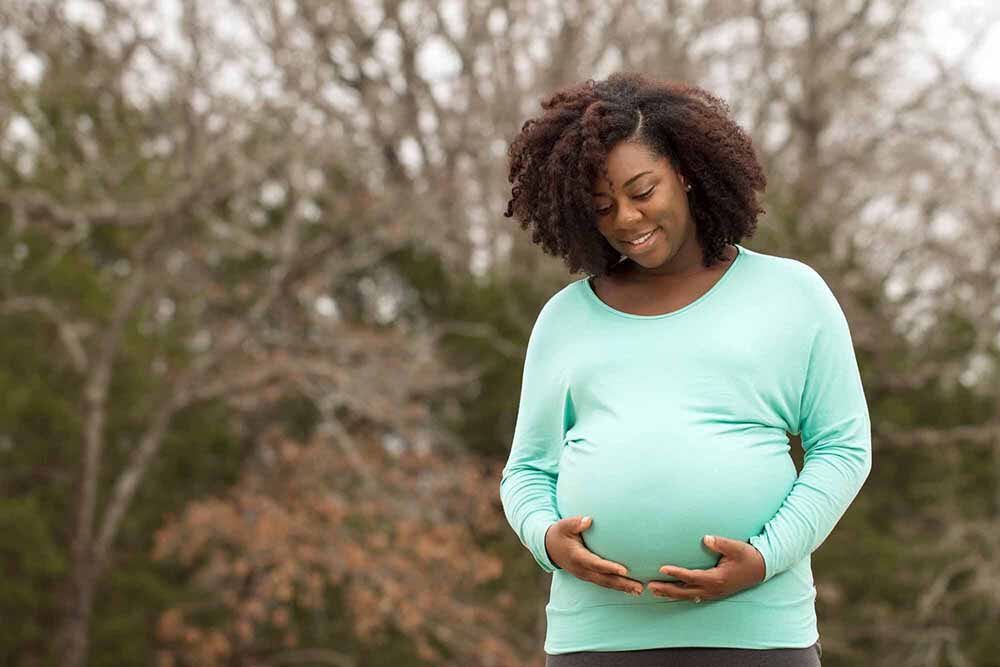Did you know?
You can translate this webpage, and all other pages on the NHS website by clicking Accessibility tools at the top of the page.
 If you click the following button then you can select a language that is listed.
If you click the following button then you can select a language that is listed.
The antenatal visit is the first contact you and your partner are likely to have with your health visitor.
This appointment will usually take place within your home around 28 – 32 weeks of pregnancy. The appointment tends to last about an hour depending on what you discuss.
We get asked if partners should attend this appointment and the answer is yes! As health visitors we look after and support the whole family. It is important to meet all parents and for all parents, partners and family members to know they can access support through us too.
What is the purpose of the visit?
The purpose of this visit is for you and your health visitor to get to know each other. This includes explaining what you should expect from the health visiting team (0-19 service) and determine any needs you and your family may have. We can also provide you with some public health information relating to having a new baby.
Your health visitor will ask you lots of information and complete a health needs assessment. This will include questions relating to you and your family’s physical and emotional health. This will also include asking you about your childhood, any involvement with professional services and any smoking, drugs or alcohol consumption.
We will ask every family the same questions at this appointment.
Some of the important information we give you at this appointment will include:
- Safe sleeping for babies
- An introduction to infant feeding (although you do not need to make a decision about feeding method at this stage)
- Some information on the childhood immunisation programme.
We will also discuss how to bond and interact with your baby before and after they are born to help brain development, and ways to cope with the transition to parenthood.
We will also discuss services available for support alongside your health visiting team, such as GPs, pharmacy first and NHS111.
Your next routine visit with the health visitor will be the new birth visit.Single point of access
You have open access to the health visiting service by calling the Single Point of Access if you need support or guidance.
Monday to Friday 8.30am-4pm.
